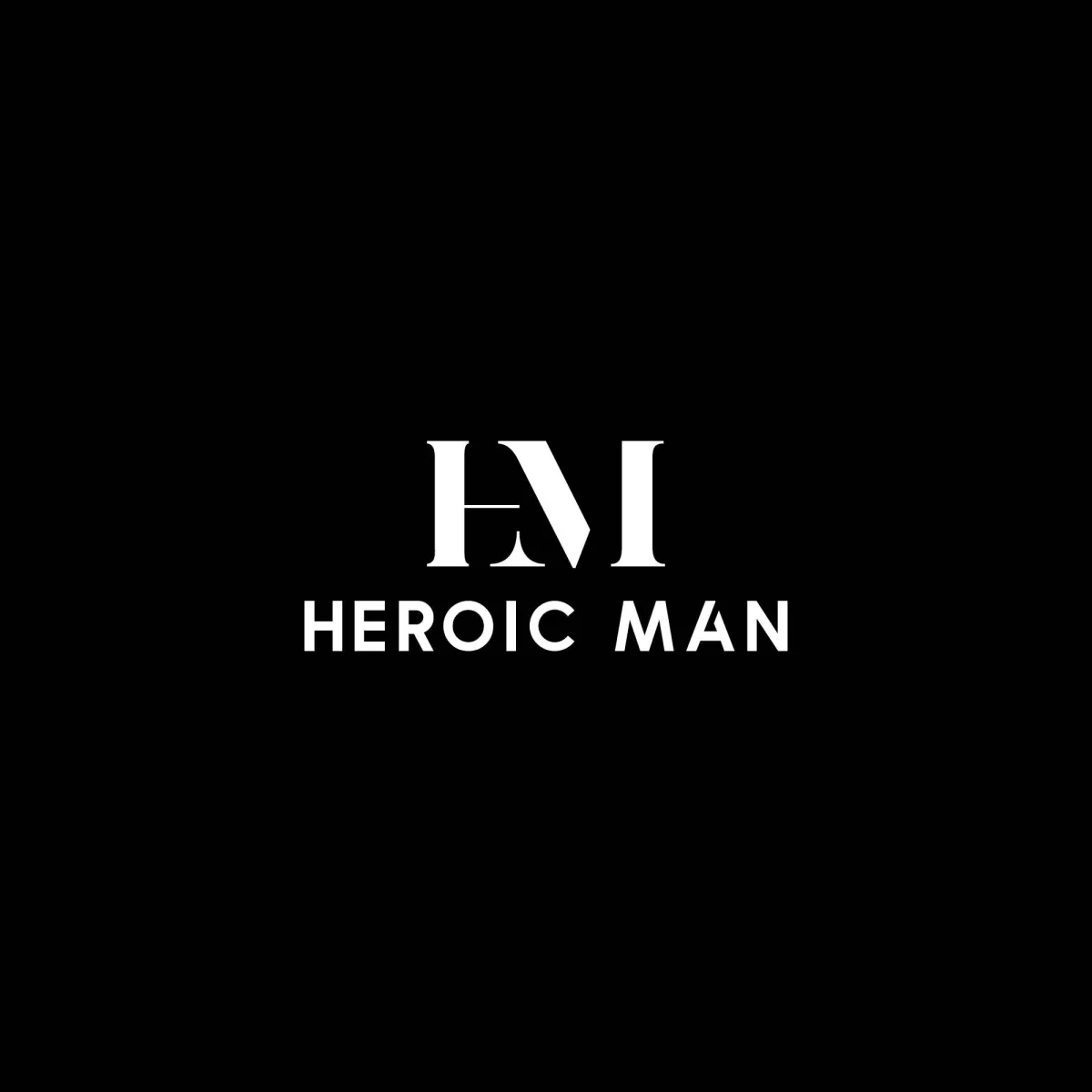Not all who wander are lost...
But this page doesn’t exist.
You’ve reached a path that doesn’t lead anywhere.
No worries - the journey continues.
What some of our clients are saying:
My relationships have 10X, and the inner chatter volume has slowly turned down. With Pete and Heroic Man, I ended up smashing a life long limiting belief of “I am not enough” and now I whole heartedly believe that I AM ENOUGH which has just dissolved a lifetime of shit

If you are thinking about working with Pete, this is a no-brainer in my opinion! Having experienced the difference that can be made in such a short space of time is nothing short of remarkable! His CEO days are super powerful! After starting my company nearly four years ago, I had unknowingly become a control freak! Feeling the need to be involved in all areas of the business, this was not serving me, nor my employees well, as this was resulting in me feeling more and more stressed and overwhelmed, whilst suffocating everyone around me; this was also showing up in my personal life! I had almost reached breaking point, as the business had grown to a size that I simply couldn't keep up with, as the hours simply didn't exist in a day! Then Pete came in ...

